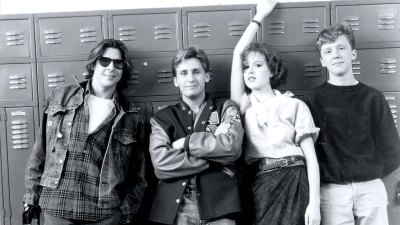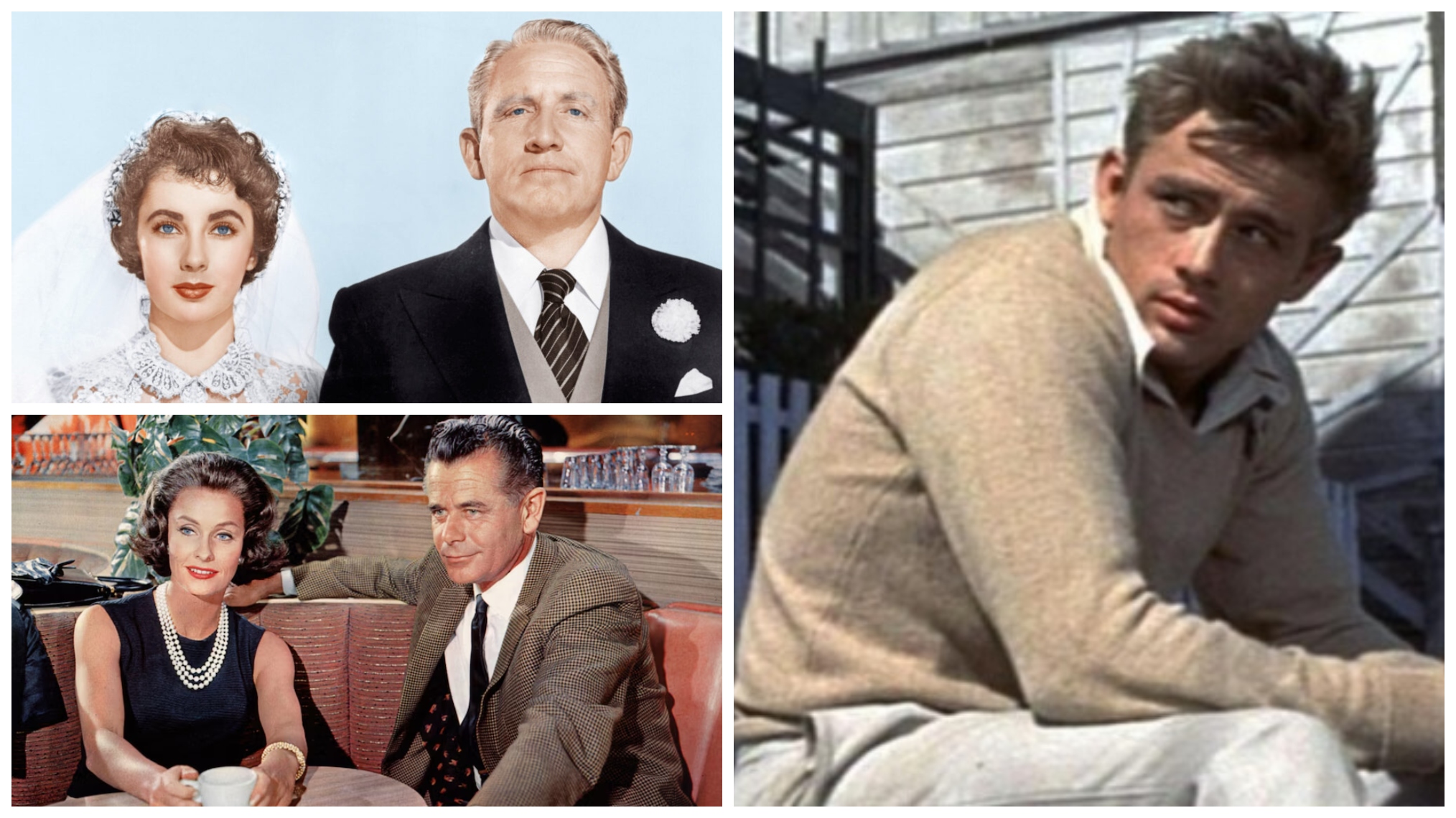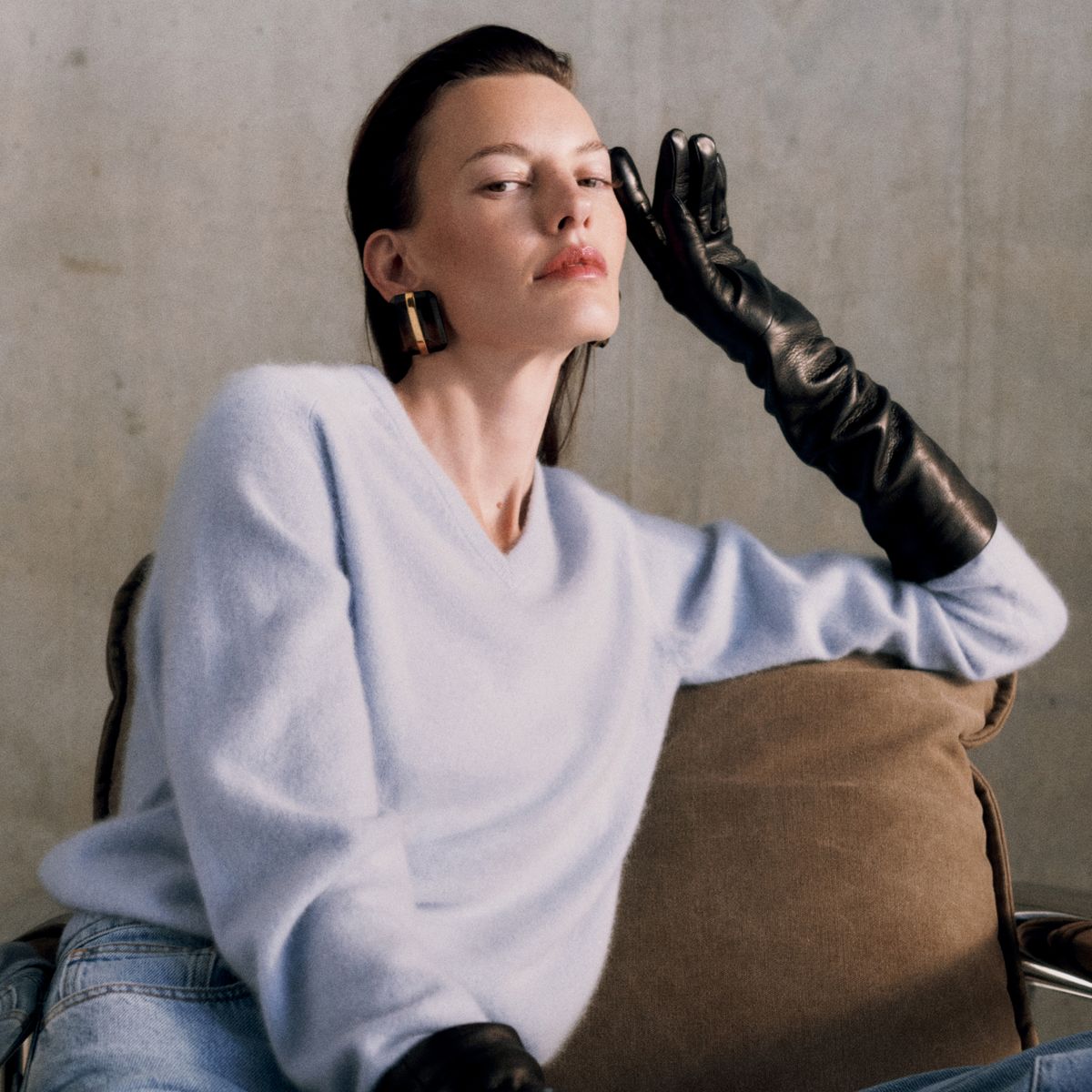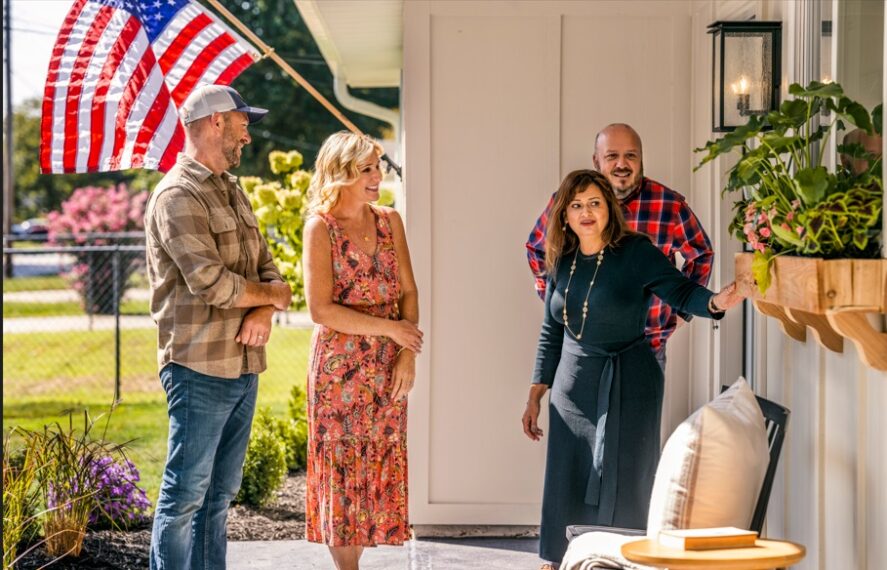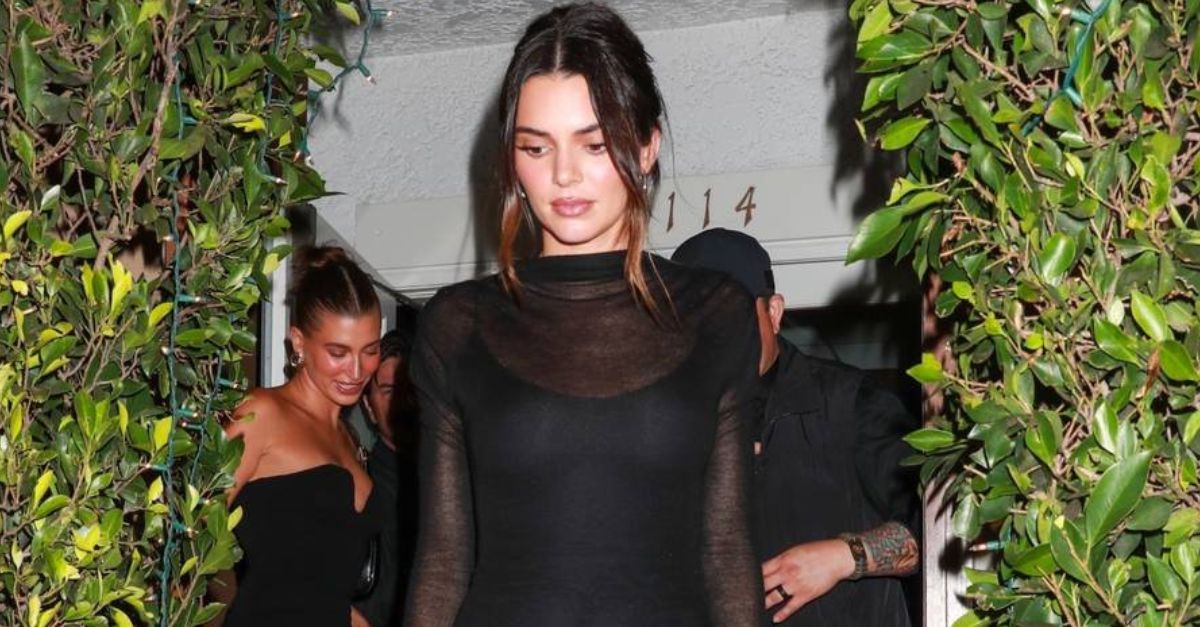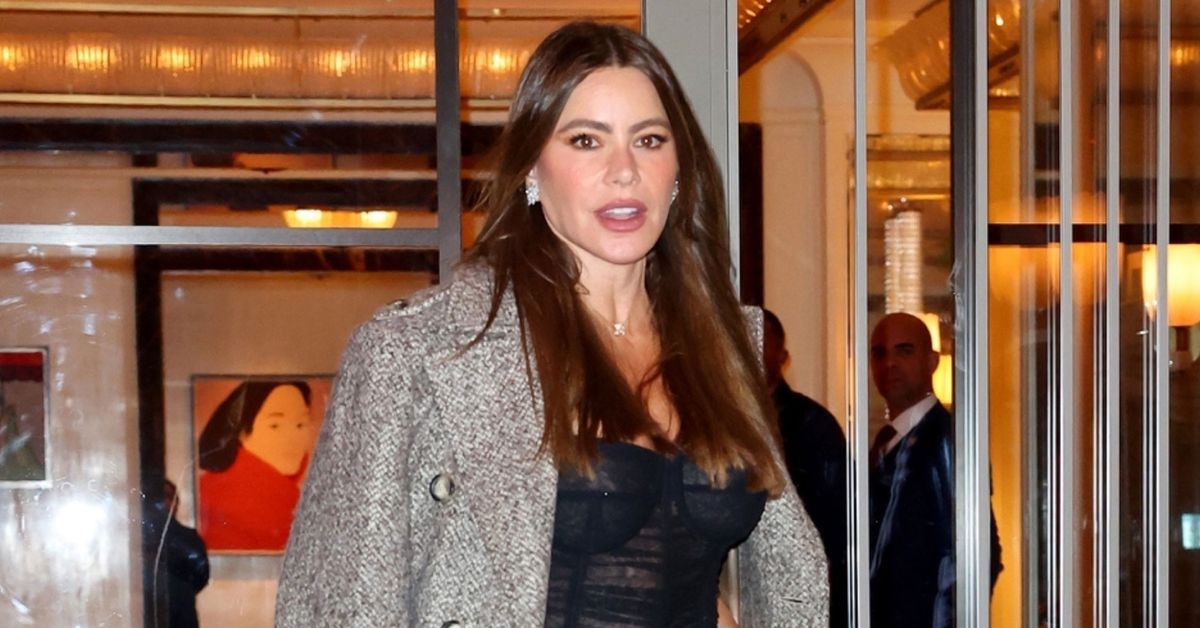
Andrew McCarthy and Emilio Estevez Michael Ochs Archives/Getty Images
Andrew McCarthy is reclaiming the Brat Pack name with help from his former costars — some of whom he hadn’t seen in 30 years.
Spoilers for Brats ahead.
“If you were coming of age in the 1980s, then the Brat Pack was at or near the center of your cultural awareness,” McCarthy, 61, said during his Brats documentary, released on Thursday, June 13. “We were who you wanted to hang with, who you emulated or envied. Who you wanted to party with.”
However, for the actors under the Brat Pack umbrella, things were “very different,” he added. “We were a group of young actors trying to have careers and we were suddenly bonded together, undoubtedly, forever as this unit.”
The Brat Pack moniker stemmed from a 1985 New York magazine article written by David Blum. Initially, the piece was supposed to be a profile about Emilio Estevez, but it became something else after the actor gave Blum unfettered access to his life.
“The article was scathing about all these young actors, and the phrase — being such a clever, witty phrase — it caught the zeitgeist instantly and burned deep in,” McCarthy explained, noting that some of the young stars “resented” the title so much that they cut ties with the other members of this “group.”
Estevez, for one, “hasn’t talked much” about the Brat Pack over the last three decades. In fact, Estevez admitted that he only agreed to speak with McCarthy to “clear the air” on their friendship — or lack thereof.
Keep scrolling for the biggest revelations from Brats:
Emilio Estevez and Andrew McCarthy’s Semi-Feud

Rob Lowe, Emilio Estevez, Andrew McCarthy and Judd Nelson. Michael Ochs Archives/Getty Images
As McCarthy drove to Estevez’s house in the documentary, it was revealed they hadn’t seen each other since the St. Elmo’s Fire premiere in 1985.
“I always felt like he was sort of an insider in some club, and I always felt like the guy on the outside,” McCarthy said. Once he was face-to-face with Estevez, the two talked about how they “didn’t do a movie” because of the Brat Pack association.
The duo was set to star in Young Men With Unlimited Capital, which never got made. McCarthy’s understanding was that Estevez didn’t want him in the film.
“It hurt my feelings, but I assumed it was simply the Brat Pack fallout,” McCarthy said. Estevez responded, “I didn’t want anything to do with any of us.”
The only reason Estevez decided to do Brats was because McCarthy called and asked. “I also thought it was time that we clear the air on a couple of things,” he added.
Demi Moore Made ‘St. Elmo’s Fire’ Instead of Seeking Treatment

The cast of ‘St. Elmo’s Fire’ (L-R) Rob Lowe, Ally Sheedy, Demi Moore, Emilio Estevez, Mare Winningham, Judd Nelson and Andrew McCarthy. Silver Screen Collection/Getty Images
The actress has been candid about her addiction issues over the years and told McCarthy that making St. Elmo’s Fire became “more important” than her life.
“They paid to have a sober companion with me 24/7 during the whole shooting. They could have easily found someone else,” Moore told McCarthy in Brats. “They were like, ‘We want you to check in [to treatment].’ I’m like, ‘No no, I’m starting a movie.’ They said, ‘Yes, what’s more important: the movie or your life?’ I said the movie.”
She added: “For me, I didn’t have any value for myself. I think I was so fearful of failing. Fearful of losing and desperate to fit in, belong, and my need to please was definitely on high alert.”
‘Pretty in Pink’ Originally Had a Different Ending
McCarthy also sat down with Pretty in Pink director Howard Deutch. (McCarthy starred in the film alongside Molly Ringwald and Jon Cryer.)
After the “test screening was a disaster,” the movie’s entire ending was changed.
“The original ending was, she goes with Jon, you have a date and they walk into the dance circle and they start to dance, it becomes a swirl of pink and it’s over,” Deutch recalled. “Booing like I’ve never heard in my life. Screaming, booing, yelling, throwing things.”
Rob Lowe Thinks the Brat Pack Was a Pipeline to Modern TV
“TV shows like Glee, The CW … all of these things we now take for granted don’t happen without the Brat Pack,” Lowe told McCarthy in Brats. “They just don’t.”
The Brat Pack Did Meet the Rat Pack
Obviously, the Brat Pack was a play on Frank Sinatra’s Rat Pack. Lowe and McCarthy had a night out with Liza Minnelli in the 1980s that led to a chance meeting with Sammy Davis Jr.
“The Brat Pack met the Rat Pack,” Lowe recalled. “When I think of the Brat Pack, I think of nights like that, because that stuff routinely happened, as it does when you’re in that moment.”
David Blum Thought the Name Was ‘Funny’

Never did the journalist think about how the moniker he invented would impact the stars’ lives.
“In retrospect, yes, [it was scathing]. At the time, no,” he admitted to McCarthy. “I was proud of my creation of the phrase. I was 29. I definitely knew it was going to have a reaction.”
Blum took ownership of some parts of the article being “plain old not nice,” but it seemed he had no regrets.
“I’m sure I should have been scolded by somebody, and I was,” he added. “I was just trying to be funny and I actually — I hope I won’t sound too arrogant — but I’m thinking that I might have succeeded.”


























































![Mason Ramsey – Twang [Official Music Video] Mason Ramsey – Twang [Official Music Video]](https://i.ytimg.com/vi/xwe8F_AhLY0/maxresdefault.jpg)





